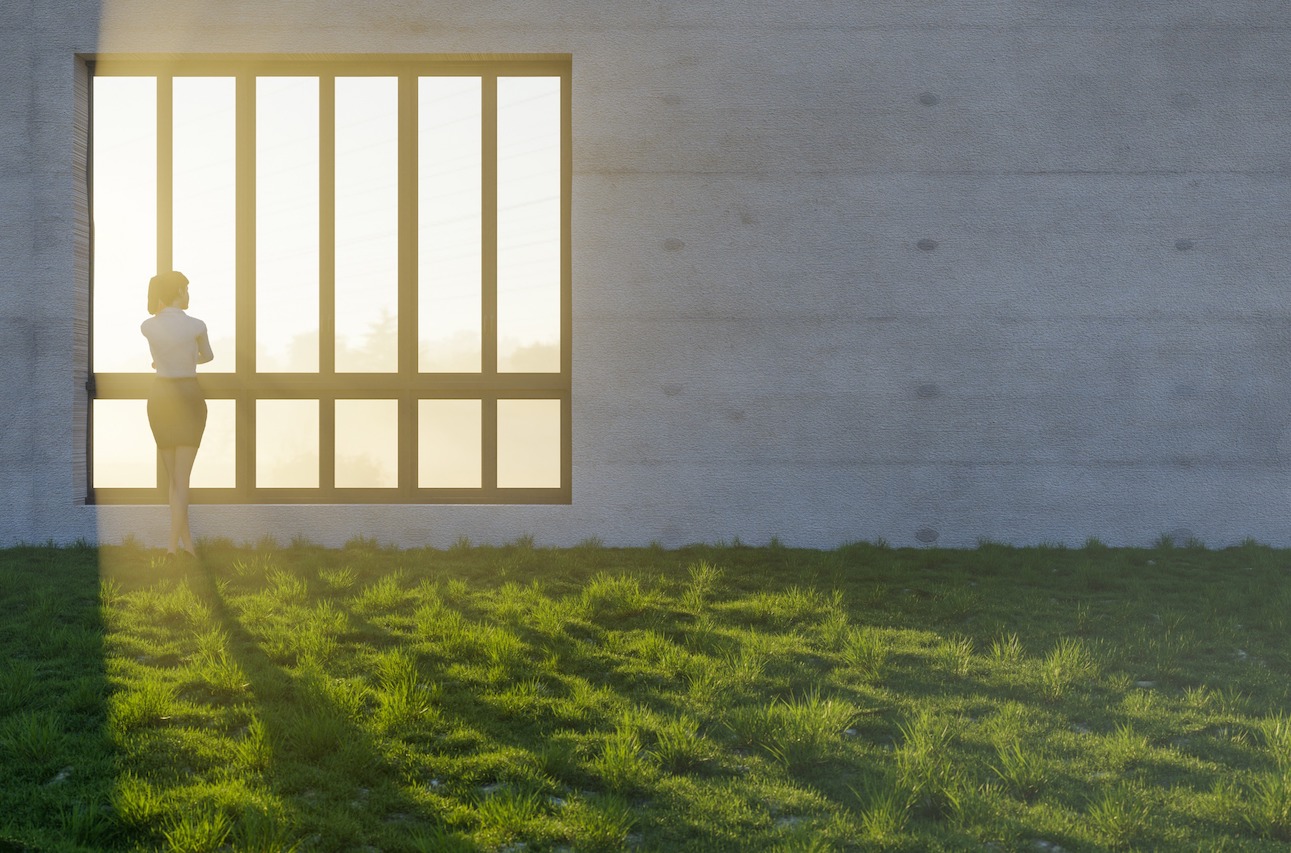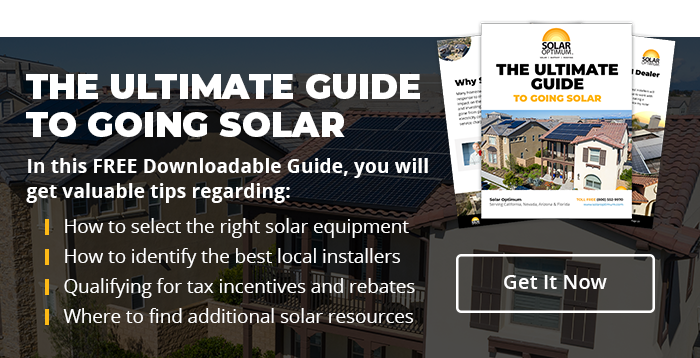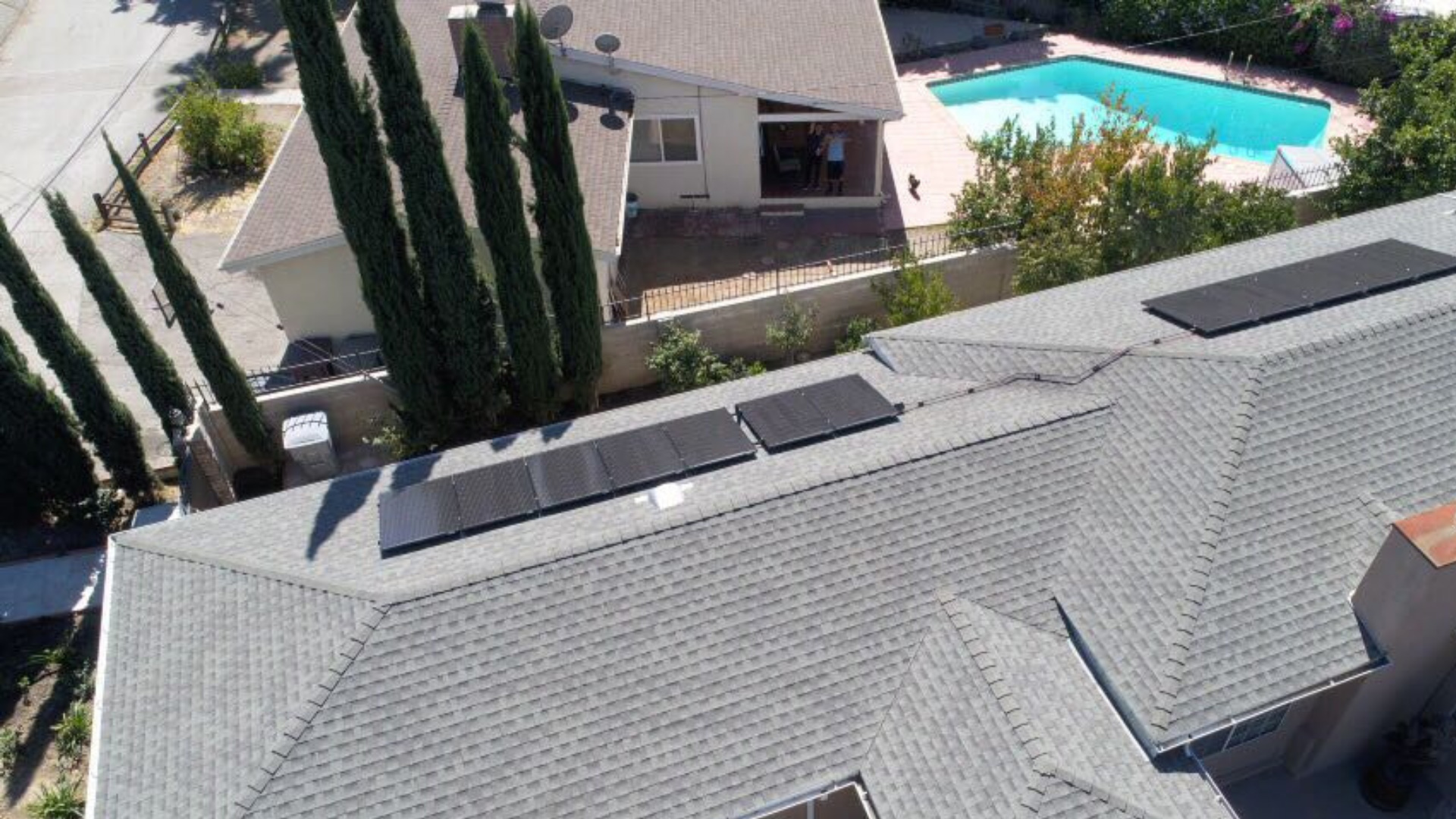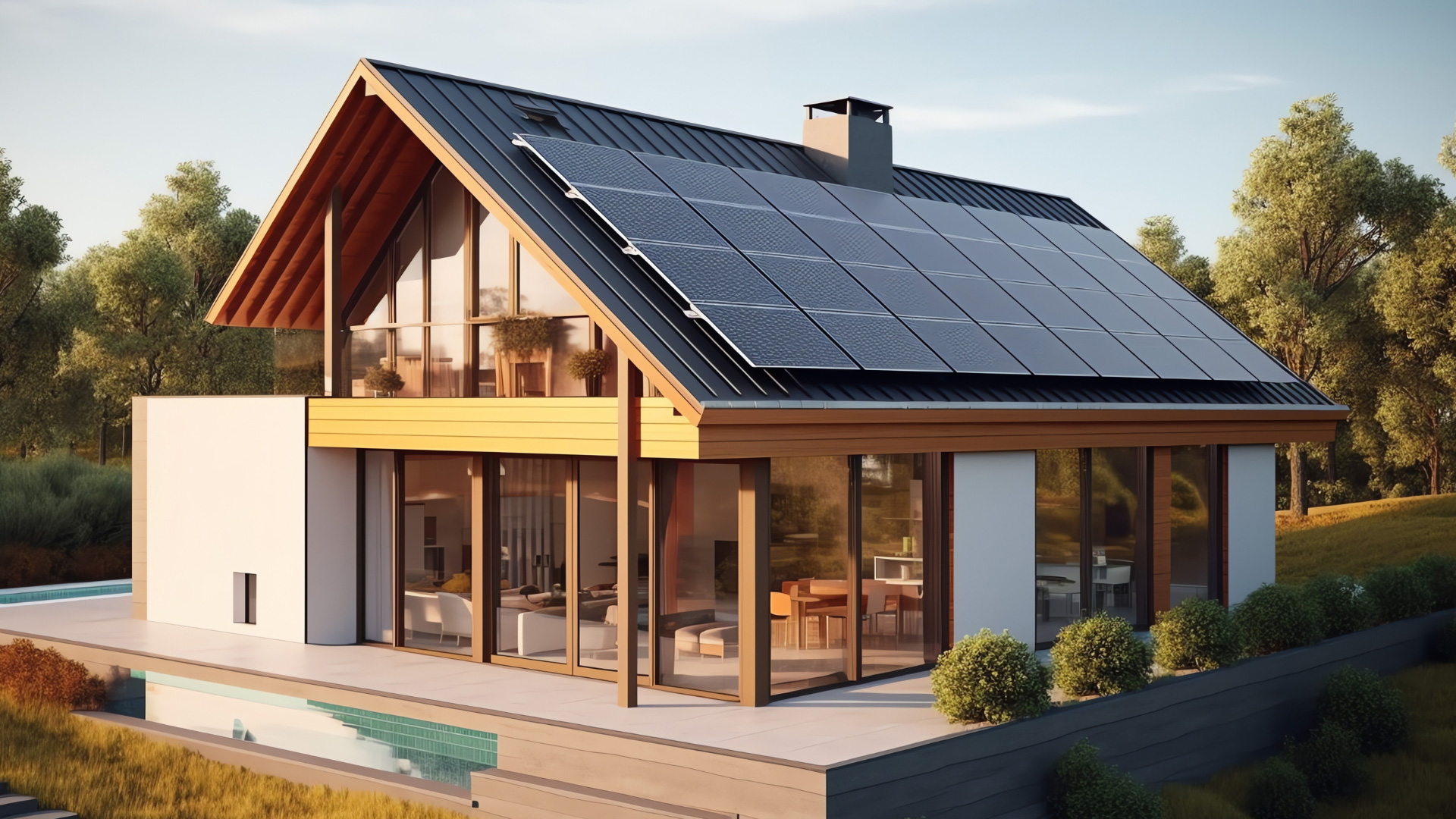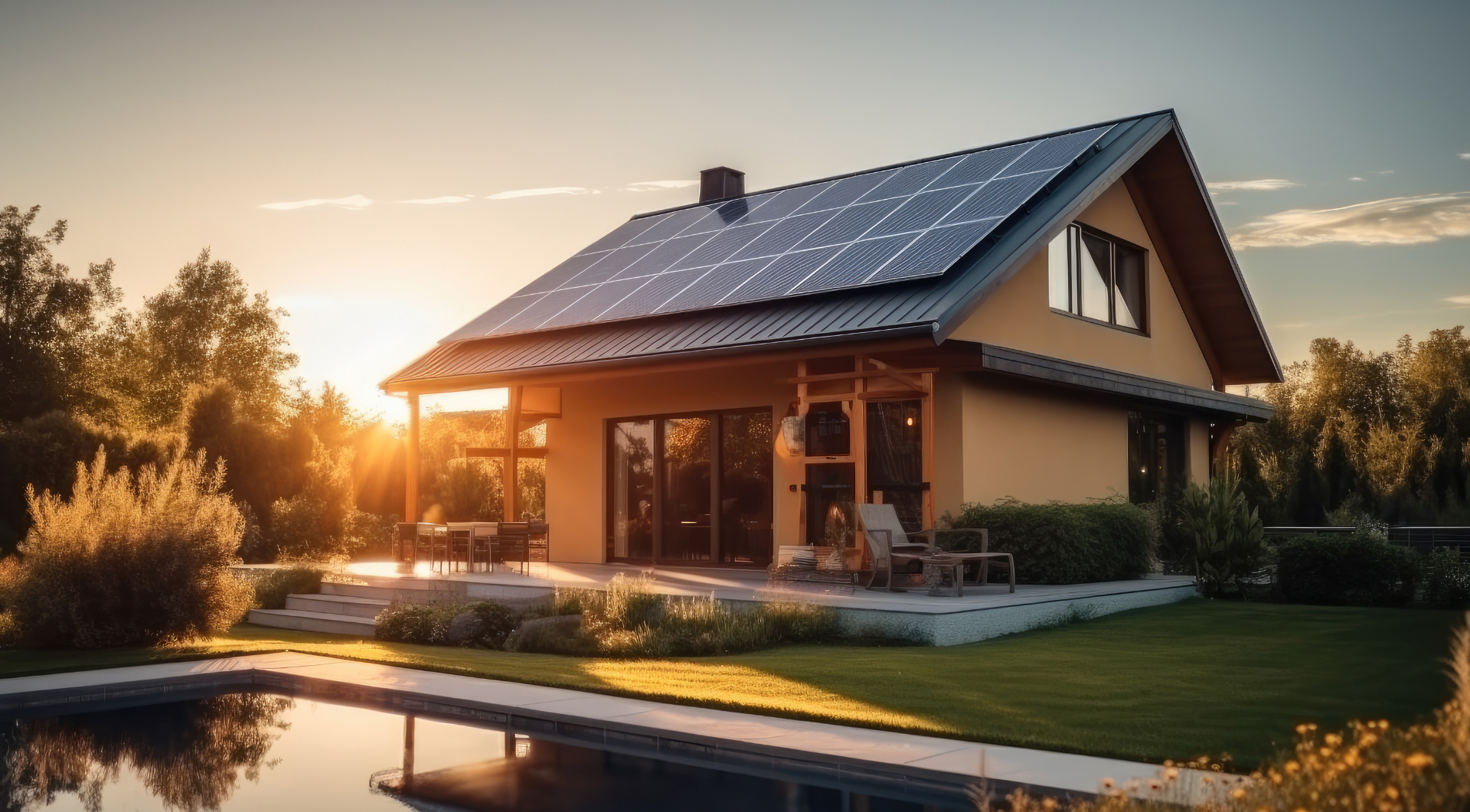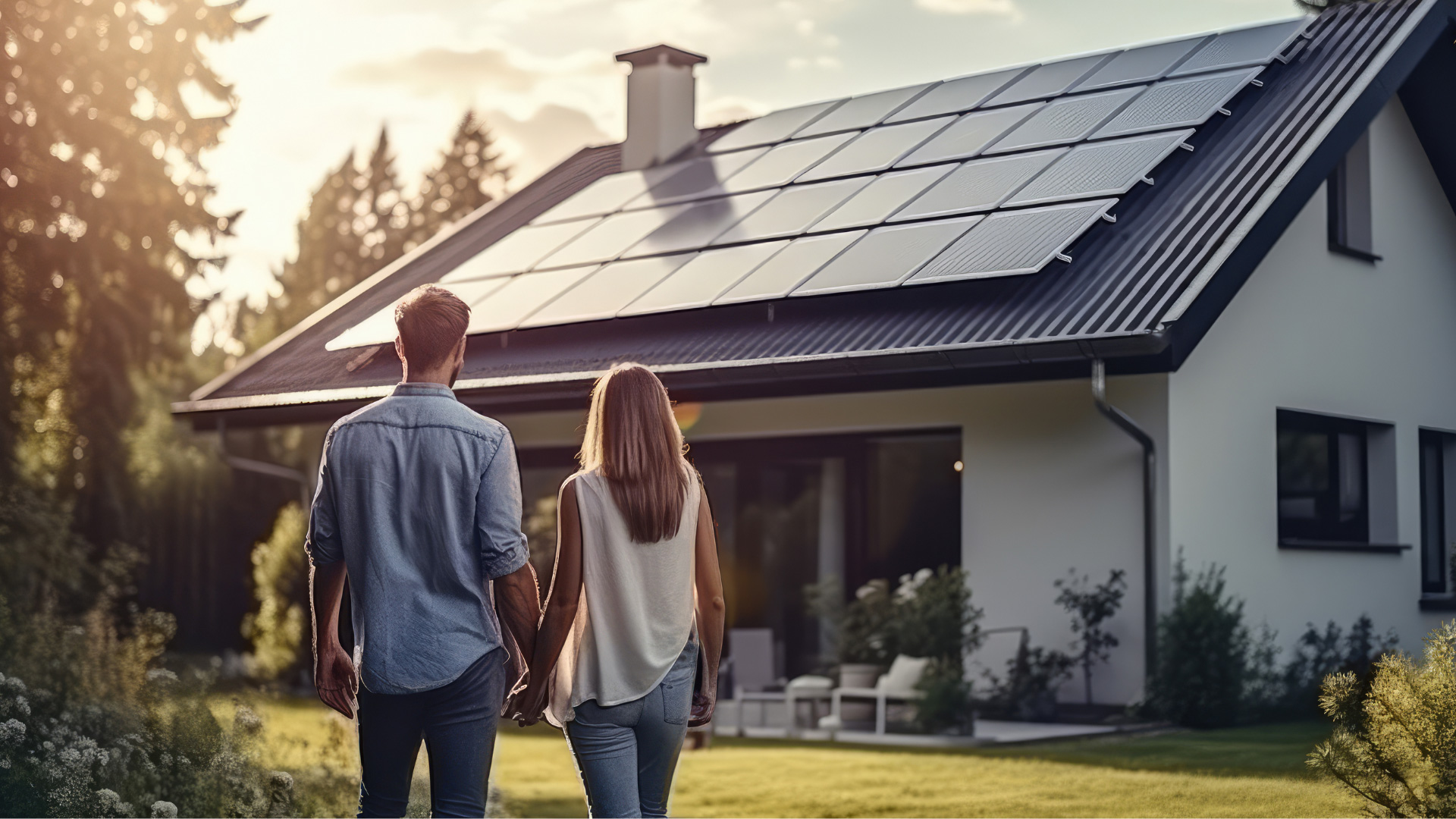Energy efficiency plays a pivotal role in the pursuit of a greener and more sustainable future. As we strive to reduce our carbon footprint and minimize dependence on conventional energy sources, innovative solutions are emerging to revolutionize how we harness and utilize energy.
One such solution that is gaining momentum is passive solar energy. With its ability to maximize natural resources and minimize reliance on mechanical systems, passive solar energy represents the next level in energy efficiency.
By harnessing the power of sunlight and strategic design principles, passive solar energy offers a promising pathway towards more sustainable and environmentally friendly buildings. In this article, we will explain what passive solar energy is and how homeowners can use it to maximize the impact of their solar system.
What Is Passive Solar Energy and How Does It Work?
Passive solar energy utilizes natural sunlight and heat to provide heating, cooling, and lighting within buildings. It is a design approach that harnesses the sun’s energy through thoughtful architectural and building design choices rather than relying on mechanical or active systems.
The concept of passive solar energy is based on maximizing the use of sunlight as a free and renewable energy source. By strategically orienting and designing buildings, passive solar techniques optimize the capture, distribution, and storage of solar energy for thermal comfort and reduced energy consumption.
Passive solar energy design principles typically involve aperture, distribution, thermal mass, and fixed control. South-facing windows are often utilized in the Northern Hemisphere to maximize solar exposure, while north-facing windows are preferred in the Southern Hemisphere.
Overhangs and shading devices are employed to control the amount of sunlight entering the building during different seasons, preventing overheating in summer and allowing more sunlight in during winter.
Tips for Using Passive Solar Energy to Maximize the Impact of Your Solar System
Aside from optimal orientation to capture maximum sunlight and window placement and shading, as a homeowner, you can effectively utilize passive solar energy to maximize the impact of your solar system by implementing the following strategies:
- High-Quality Insulation: Install proper insulation to minimize heat loss in winter and heat gain in summer. Adequate insulation in walls, roofs, and floors help maintain a consistent indoor temperature, reducing the need for additional heating or cooling.
- Thermal Mass: Use materials like concrete or stone to store and release solar heat, regulating indoor temperatures gradually. These materials can be used on floors, walls, or interior surfaces to optimize heat storage and distribution.
- Natural Ventilation: Design for cross-ventilation to cool the home naturally during warmer months, reducing reliance on mechanical cooling.
- Daylighting: Maximize natural light with well-placed windows, skylights, or light tubes. This reduces the need for artificial lighting during the day, conserving energy and enhancing the overall comfort and well-being of occupants.
- Integration with Active Solar Systems: Combine passive solar design principles with active solar systems like solar water heaters. The passive solar features can complement the active systems by reducing energy demand, optimizing energy use, and maximizing the overall efficiency of the solar setup.
- Energy-Efficient Appliances and Lighting: Use energy-efficient appliances, LED lighting, and smart energy management systems to reduce energy consumption further.
By incorporating these passive solar strategies, you can optimize your solar system’s impact, reduce energy costs, and minimize your environmental footprint.
Join The Movement
Passive solar energy truly represents the next level in energy efficiency, offering a path towards a more sustainable and resilient world. By embracing passive solar design principles, we can pave the way for a future where energy-efficient buildings are the norm and our reliance on non-renewable resources is significantly reduced.
With the electricity rates consistently increasing, going solar is a good decision with many benefits. Solar Optimum is a trusted authority in solar panels and solar-related issues. So contact us today to learn more about living an energy-efficient lifestyle.

